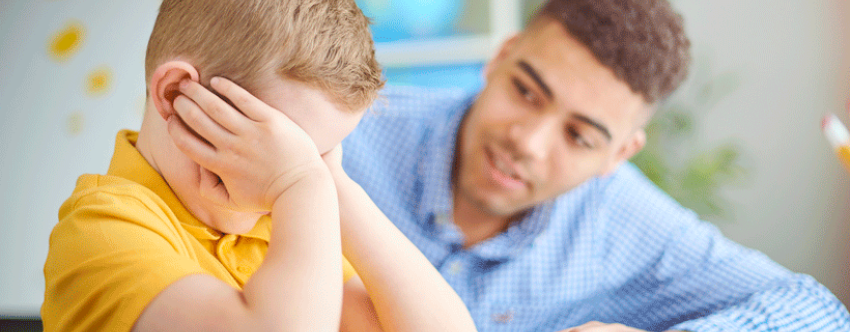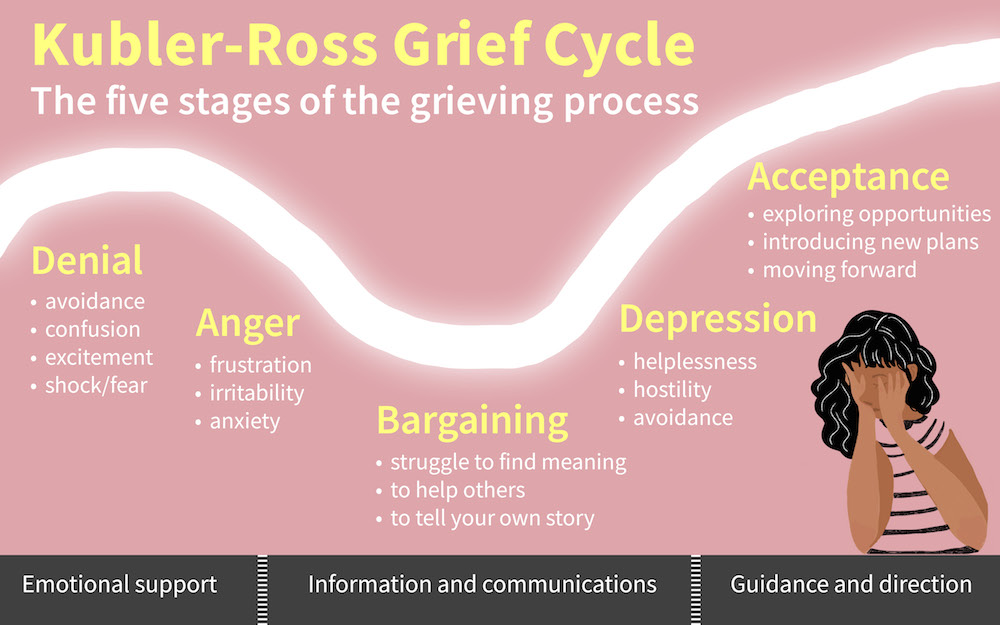News & Views

Helping pupils cope with bereavement
The loss of a loved one is often a time of emotional distress and confusion. In addition, young people are growing up in a world shaped by COVID, the cost-of-living crisis, austerity and many other factors.
According to Child Bereavement UK, around 23,600 parents with children under 18, die every year in the UK. This equates to 111 children being bereaved of a parent every day.
During childhood, the passing of a close family member can impact a child’s development, sense of safety, identity and relationships – all affecting their emotional health and mental wellbeing. A young person not only loses their loved one in a physical sense, but they lose how they emotionally connected with this person and the space they held in their life.
During the bereavement process, a young person may also try to make sense of others grieving and see the reactions or responses of the adults around them. If a parent or carer dies, their children are not automatically offered counselling or any form of support, so Winston’s Wish is calling for a national child bereavement register to ensure young people get the help they need.
Bereavement, loss and grief
There is no right or wrong way to grieve, but it’s important for us, as educators, to hold space in a safe and compassionate way. To understand the experiences of children and young people, and how educators can support them during this difficult time, it’s important to reflect upon the difference between bereavement, loss and grief:
- Bereavement is the process that comes after losing someone to death.
- Loss does not always relate to death. It could be the ending of a friendship or home.
- Grief is the range of emotions experienced during bereavement.
Death and loss can have a similar emotional impact and every child will experience grief differently.
The range of emotions and mental responses experienced during grief are depicted in the following Kubler-Ross Grief Cycle. In addition, shock and disbelief, and reconstruction are often included in the grief cycle.

Every child will experience the cycle of grief differently. We may see children exhibit unsettled behaviours, including stress, overwhelm, withdrawal, shutting down, being unsettled or even oversharing their personal details in a bid to make sense of their loss.
As an educator, it can be difficult to support a child experiencing grief, so here are some practical activities to adapt for your learning environment.
Focus on your wellbeing
Firstly, be honest about your ability to support this young person. Educators are not mental health professionals, so go easy on yourself. If you are experiencing a range of emotions or unsure of the next steps, it’s important to get the help you need first.
Normalise feelings
Many children find it difficult to share their feelings. They may even attempt to mask how they feel in a bid to please the adults around them. Remind them that it’s okay to not be okay, at this difficult time and that it's normal to experience different feelings.
Observe their behaviour
Children communicate their internal state through their behaviour. If grief is the internal state, their behaviour may be withdrawn, they may struggle with minor issues, play aggressively and even misbehave in class. When children gain an understanding of their feelings and how they impact their behaviour, they will be more equipped to process their loss.
Create a safe space
It’s important to ensure children know there’s a safe space to go to in school if they are feeling overwhelmed with emotions. In this safe space, be sure to:
- Acknowledge their feelings in a non-judgemental way.
- Listen to understand what the child is experiencing.
- Respond in an empathetic and reflective manner.
- Be mindful of learning materials connected to the loss of a loved one.
- Share a practical grounding activity.
Practical activities
Depending on the child, it may be helpful to use an age-appropriate activity and self-regulation tools to help them process their thoughts and emotions. Please ensure this is child-led and they are comfortable in the setting and with the process.
Also, depending on the situation, you may like to do a whole-class activity, without specifically focusing on the young person, so they feel supported without drawing too much attention to themselves.
Examples include:
- Use the Zones of Regulation to encourage emotional literacy and develop self-regulation tools. This a great tool appropriate for young children and teenagers.
- Create a memory box with photos, messages and items to process their feelings.
- Write a goodbye letter to their loved one.
- Plant a tree in an appropriate outside space to symbolise growth and hope.
- Watch the video below – the Invisible Suitcase from Child Bereavement UK to open up the dialogue about having emotions.
And if these activities are not accessible, co-create another activity with the child, to ensure their engagement and that they can move through the grief at their own pace.
Remember...
If you need additional support for yourself or for a young person experiencing grief, please consult your school’s mental health lead, school nurse or a member of your senior leadership team. The strategies suggested in this blog are for guidance and are not intended to substitute professional medical or therapeutic advice.
Further reading and resources
Organisations:
- Winston’s Wish – a charity supporting grieving children
- Child Bereavement UK – a charity supporting grieving children
- SHOUT UK Helpline (85258) – a free, confidential 24/7 text support service
- Childhood Bereavement Network – a hub for those supporting grieving children
- Grief Encounter – a charity supporting grieving children.
Books:
- Supporting Children Through Bereavement and Loss and When the Sun Fell Out of the Sky by Hollie Rankin
- Welcome to the Grief Club by Janine Kwoh
- You Will Be Okay: Find Strength, Stay Hopeful and Get to Grips With Grief by Julie Stokes
Video:
- Child Bereavement UK – Saying Goodbye to Your Baby or Child.
About the author

Nicola Harvey is a former senior teacher, author and currently a digital mental health manager for a national youth charity. Her books, Mindful Little Yogis and Self-Care Activity Book for Kids, explore the importance of using inclusive wellbeing strategies to support children and young people. She is passionate about mental health and has a firm interest in mindfulness, diversity and inclusion. You can follow Nicola on Twitter @HarveyHeals.